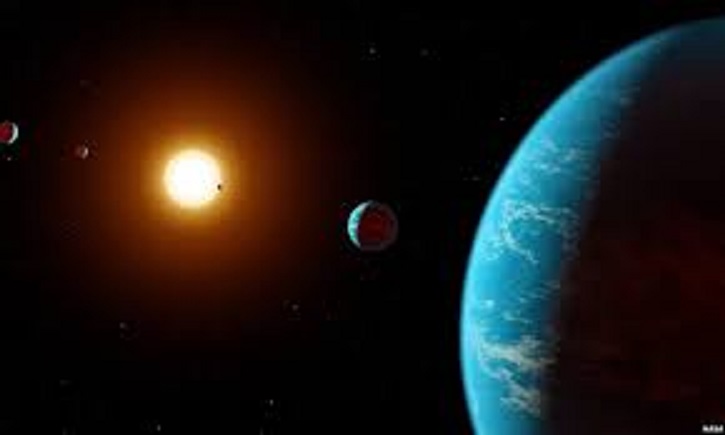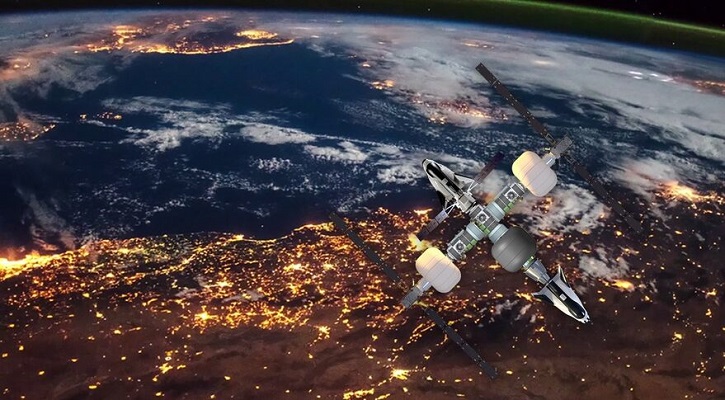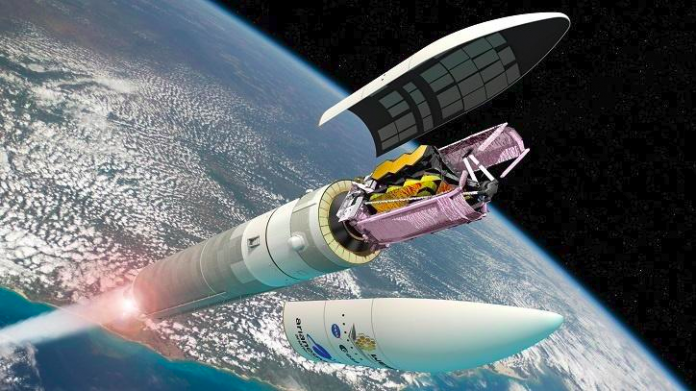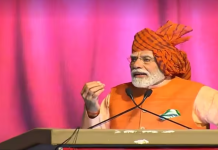NASA wants to assess how humans will react if alien life is found on other planets and discovery could impact our ideas of gods and creation.
According to reports, the agency is hiring 24 theologians to take part in its program at the Center for Theological Inquiry (CTI) at Princeton University in New Jersey, which NASA gave a $1.1 million grant to in 2014.
CTI is described as building ‘bridges of under understanding by convening theologians, scientists, scholars, and policymakers to think together.
The program’s aim is to answer questions that have confused us for a long time such as ‘What is life? What does it mean to be alive? Where do we draw the line between humans and aliens? What are the possibilities for sentient life in other places?’
Presently, NASA has two rovers on Mars, and several probes orbiting Jupiter and Saturn. It also launched the James Web Telescope yesterday that will study galaxy, star and planet formation in the universe. The agency is in hopes to discover life outside Earth.
The Rev Dr Andrew Davison, a priest and theologian at the University of Cambridge with a doctorate in biochemistry from Oxford, is among 24 theologians chosen for the programme.
 University of Rochester
University of Rochester
‘Religious traditions would be an important feature in how humanity would work through any such confirmation of life elsewhere,’ Davidson shared in a blog post on the University of Cambridge site.
‘Because of that, it features as part of NASA’s ongoing aim to support work on ‘the societal implications of astrobiology’, working with various partner organizations, including the Center of Theological Inquiry at Princeton.’
Davison is set to publish a book next year, titled Astrobiology and Christian Doctrine, which notes he believes we are getting closer to finding life on other planets.
















